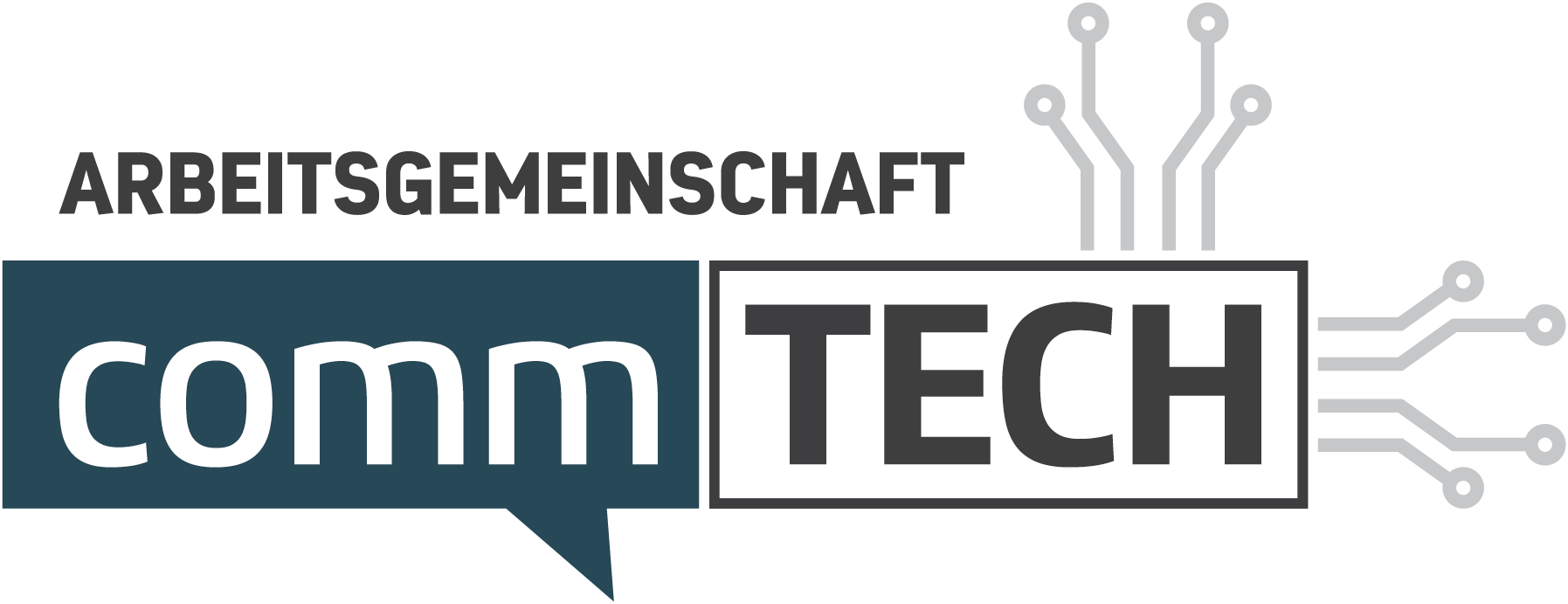- 5. February 2024
- Posted by: Die Redaktion
- Category: NEWS

Careers in times of transformation

Author: Thomas Lüdeke is Managing Partner of PRCC Personalberatung, which specializes in filling positions in communications, marketing and corporate affairs.
The opportunities and risks of CommTech for personal development
Change has always existed – and so have those who communicate it. However, digitalization is primarily changing communication itself. Job profiles are changing, priorities are shifting. Entire communications departments are currently being restructured – in some cases fundamentally – because CommTech enables more and more high-quality data to be generated and processed. But what exactly does this mean for the professional field of communicators?
Technology plays the main role in this profound change. The way we plan and manage communication is changing, as is the way we consume and use media. Communicators must therefore adapt their skillset if they want to be successful:
- More than ever, they need the ability to adapt to developments and the will to keep learning. While newcomers to the profession grow into the facets of digital communication, experienced communicators must be prepared to expand their skills, break new ground and throw old habits overboard. This is the only way to keep up with the rapid developments in the digitalized world. This also includes becoming aware of the growing importance of interface management: Holistic and strategically stringent communication can only work in close cooperation with other departments, in particular Marketing, ESG, Political Affairs, etc.
- Good communicators know the common tools and know how to use them. They understand the opportunities, limitations and stumbling blocks of digital communication. They are aware of the opportunities and challenges that artificial intelligence brings. And they can handle programs for evaluating measures. All of this is the basis for selecting the right tools for the relevant objectives, implementing them in processes and then managing them with confidence. This does not mean that all communicators will have to be data specialists in the future – more and more companies are establishing completely new roles for this: Data analysts who can not only interpret the information, but also “translate” it into a communication strategy or measure. However, the use of digital communication channels is not limited to external communication: the analog employee magazine has often become obsolete in internal communication, which is becoming increasingly important.
- Strong project management skills have always been a key asset in communications, and this is no different today than it has been in previous decades. However, projects become more fragmented with every channel, every tool and every stakeholder. Maintaining an overview here is just as important as initiating the right things at the right time (or putting the brakes on), allocating budgets correctly, adjusting them if necessary and being able to justify these decisions on a sound basis. What’s more, the speed at which digital communication takes place can lead to actionism. Instead, the more options new technologies and channels offer, the more important a strategic approach becomes. And the more tasks can be taken over by artificial intelligence (such as preliminary editorial work), the more the role of the communicator changes in the direction of the one who holds the reins and pulls them thoughtfully.
- A cool head in crisis situations is now one of the standard requirements in job descriptions for communicators. Today, crises begin in a much more inconspicuous setting than was previously the case. Whereas just a few years ago it took not only a tangible scandal, but also a journalist to report on it, today social media provides the ideal ground not only for the uncontrollable dissemination of real issues or grievances, but also for untrue or half-true allegations. This creates many small flashpoints that need to be kept in check – and not just extinguished so as not to give the impression of censorship. And even business networks that seem unproblematic at first glance can become a target if individual employees exercise their right to freedom of expression, but this does not coincide with the opinion expressed by the CEO or the company, e.g. on political conflicts. This requires confident communicators who can resolve such situations with the appropriate sense of responsibility.

